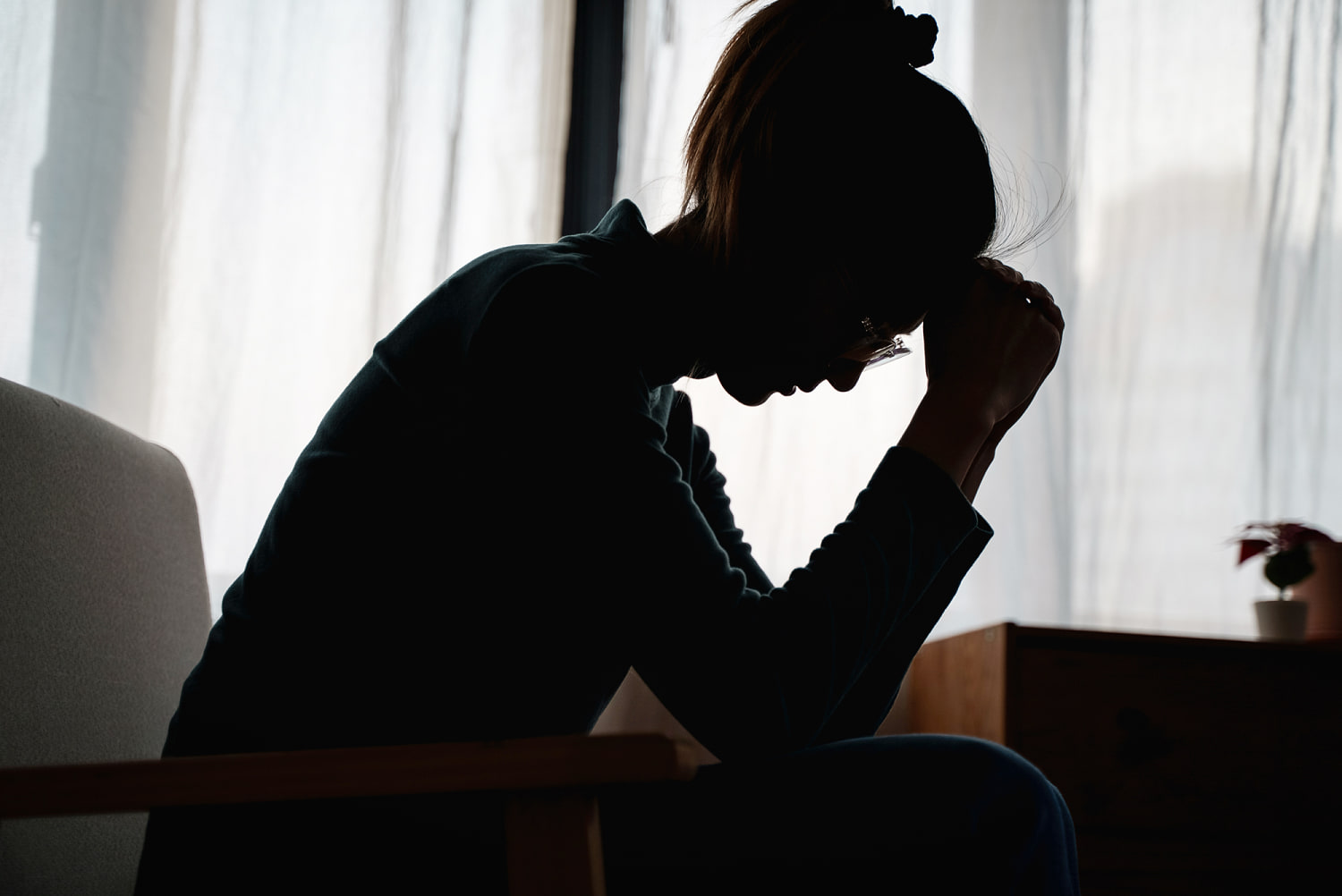
The myth that failure is always a good teacher may need an update.
People tend to overestimate the likelihood of success following failure, which may make us less willing to help others who are struggling, according to a new study.
A team of researchers from the business schools of Northwestern, Cornell, Yale and Columbia universities analyzed data from different online surveys including over 1,800 adults in the United States mostly between the ages of 29 to 49. One survey involved oncology nurses attending a virtual conference.
“We wanted to see if people think about resilience wrong,” lead author Lauren Eskreis-Winkler, assistant professor of management and organizations at Northwestern University in Evanston, Illinois, told NBC News in an email.
The study was published online Monday by the American Psychological Association in the Journal of Experimental Psychology: General.
The researchers looked at how people predicted the resilience of professionals such as lawyers, teachers and nurses, as well as people with substance use disorders and heart problems.
“People thought that tens of thousands of professionals who failed standardized tests would go on to pass (who don’t), that tens of thousands of people with drug addiction would get sober (who don’t), and that tens of thousands of individuals with heart failure would make major lifestyle changes to improve their health,” Eskreis-Winkler wrote.
When people believe that others who have experienced setbacks will grow from their failure on their own, they are less motivated to help those in need because they believe these problems will “self-correct,” the report said.
The researchers also found that participants wrongly assumed people focus on their mistakes and learn from them after failure.
In one of the findings, people who exaggerated the benefits of failure were less interested in channeling taxpayer dollars to support people with drug addiction and formerly incarcerated people.
However, when the researchers corrected exaggerated beliefs about the benefits of failure, the same participants increased their motivation to help.
“The main finding is that people systematically — blissfully — overestimate the likelihood of resilience following failure,” according to the researchers.
This “pollyannish” perception allows people to take more chances despite erroneously believing that failure fuels success, Eskreis-Winkler said in the email. “But from a helping perspective, exaggerating the benefits of failure is disastrous.”
In reality, it’s difficult to learn from a bad experience because failure is “demotivating and ego-threatening,” the report found.
The findings highlight how our outside perspective tends to focus on what can be learned from a failure, overlooking that people living through a setback may not perceive it as a learning opportunity.
It’s a painful ego lesson, said Dr. Ryan Sultan, director of the Mental Health Informatics Lab at Columbia University Irving Medical Center.
“If you have failed at something, just retrying is likely not sufficient to change your outcome,” Sultan said.
Sultan recommends re-evaluating the situation by asking:
- What new strategies could be adopted?
- What resources or support systems could we engage with that would improve our chances of success in the future?
Dr. Lama Bazzi, a psychiatrist in private practice in New York City, advocates patience, despite the desire to quickly move forward. Achieving a goal often means tolerating the discomfort of failing in order to “grow” as a person.
“In order to change course, you must feel uncomfortable, analyze where you went wrong, and make a conscious effort to approach similar future challenges mindfully and differently,” said Bazzi, who was not part of the study.
The study findings don’t mean that if you fail at something, you can’t ever succeed.
People need to be mindful of the path that led to these outcomes and re-evaluate it with a critical eye, Sultan noted.
“As my father, who is also a psychiatrist, told me in my youth: When you fail, Ryan, you must ask yourself the hard questions of what you did to contribute to that failure so you can grow and learn from that experience,” Sultan said.
Although the researchers analyzed different populations in the U.S., including students, professionals and medical patients, more research is needed to generalize the study’s findings to non-Western cultures, which have different perceptions, interpretations and reactions to failure, the study said.
